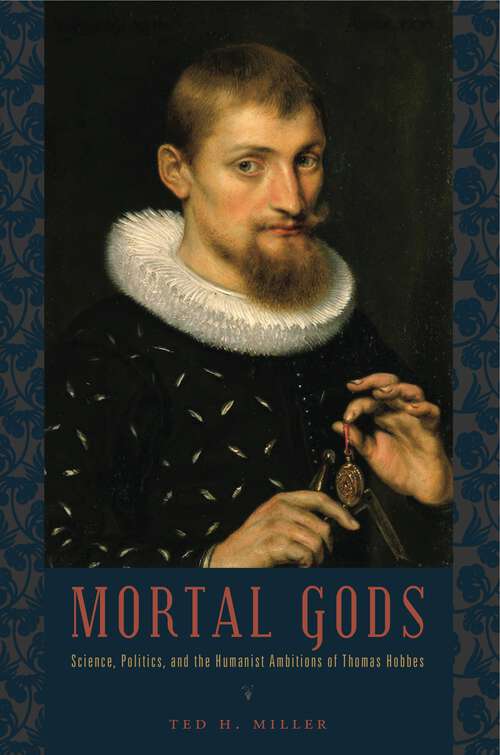Mortal Gods: Science, Politics, and the Humanist Ambitions of Thomas Hobbes (G - Reference, Information and Interdisciplinary Subjects)
By:
Sign Up Now!
Already a Member? Log In
You must be logged into Bookshare to access this title.
Learn about membership options,
or view our freely available titles.
- Synopsis
- According to the commonly accepted view, Thomas Hobbes began his intellectual career as a humanist, but his discovery, in midlife, of the wonders of geometry initiated a critical transition from humanism to the scientific study of politics. In Mortal Gods, Ted Miller radically revises this view, arguing that Hobbes never ceased to be a humanist. While previous scholars have made the case for Hobbes as humanist by looking to his use of rhetoric, Miller rejects the humanism/mathematics dichotomy altogether and shows us the humanist face of Hobbes’s affinity for mathematical learning and practice. He thus reconnects Hobbes with the humanists who admired and cultivated mathematical learning—and with the material fruits of Great Britain’s mathematical practitioners. The result is a fundamental recasting of Hobbes’s project, a recontextualization of his thought within early modern humanist pedagogy and the court culture of the Stuart regimes. Mortal Gods stands as a new challenge to contemporary political theory and its settled narratives concerning politics, rationality, and violence.
- Copyright:
- 2011
Book Details
- Book Quality:
- Publisher Quality
- ISBN-13:
- 9780271068237
- Related ISBNs:
- 9780271048918
- Publisher:
- Penn State University Press
- Date of Addition:
- 04/29/22
- Copyrighted By:
- The Pennsylvania State University
- Adult content:
- No
- Language:
- English
- Has Image Descriptions:
- No
- Categories:
- Nonfiction, Philosophy, Politics and Government
- Submitted By:
- Bookshare Staff
- Usage Restrictions:
- This is a copyrighted book.
